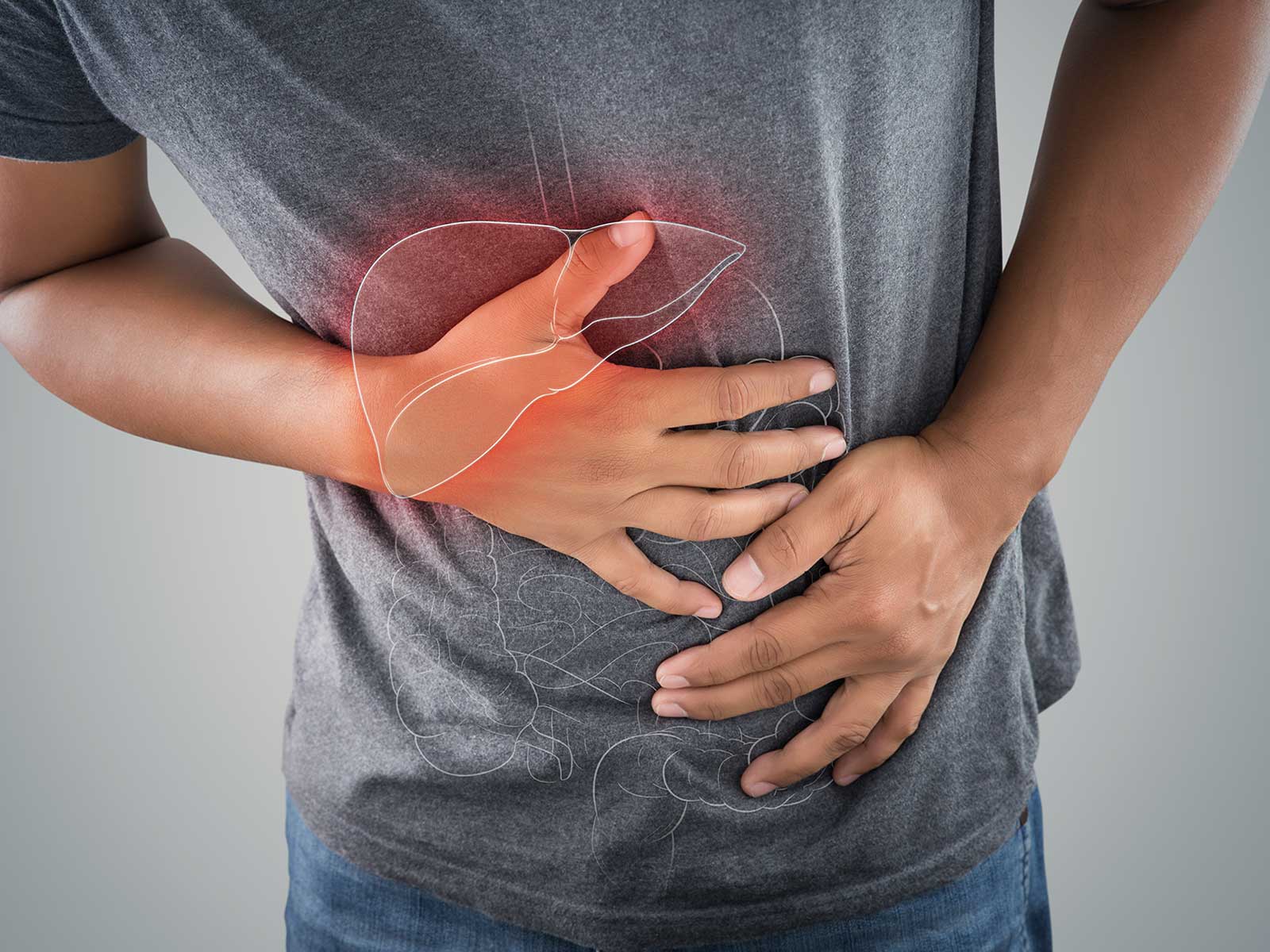
Hemochromatosis is a condition in which the body accumulates too much iron due to the food one consumes. As time goes by, the iron that is built in the body is stored in body organs such as the hepatosomes, heart and pancreas leading to the damage of the tissues and suppression of performance. It is typically transmitted and during early age can be detected by simple blood test or imaging studies.
The build up of iron may present symptoms at the onset. Look for signs such as:
Genetic and non-genetic causes of hemochromatosis cause a problem in iron regulation:
The GastroDoxs of Houston will contain specialists that provide the diagnosis and individual treatment of hemochromatosis. Rapid, accurate testing similar serum ferritin and genetic screening-with treatment programmes that are tailor-made are gathered as phlebotomy, chelation therapy and diets. This implies that you will not be left without the answer to any question and that you will have our all through since we are patient-centered and caring. Stop Wait and settle your appointment and manage your iron level today and achieve a healthier tomorrow.
We've successfully treated more than 1.5K patients, helping individuals improve their digestive health and overall well-being through expert, personalized care.
With over 20 years of experience, GastroDoxs has been a trusted provider of gastroenterology care, focusing on delivering the best outcomes for patients
Hereditary hemochromatosis is mainly coded to the ICD-10 E83.110 code applied to the case of the iron overload disorders that are thought to have been caused by genetic mutation.
Diagnosis of Hemochromatosis involves measuring a serum ferritin and saturation of transferrin, genetic tests of HFE mutation, and imaging (MRI) to establish the iron in organs in a rare instance.
Primarily there are serum ferritin and transferrin saturation blood tests to identify the quantity of stored iron and the percentage of iron bound to a carrier protein respectively. An elevated level of iron signifies iron overload.
Trigger it by the use of a plain iron panel (hazardousness of iron and transferrin saturation). Your physician will request to be tested on HFE genes in case of high results, and to undergo a follow-up imaging to see whether there is an iron build up.
The first indications and symptoms normally comprise tiredness, joint pain especially the hands, slight stomachache and unexplainable weakness. We are not all able to observe the obvious marks.
Women may experience chronic fatigue, abnormal menstrual-cycle, premature menopause and general fatigue. These ailments are mixed with other ailments although they should be examined with iron panel.
Yes. Samples of food to avoid include those that have iron ( red meat, fortified cereals) and supplement vitamin C ( enhance iron absorption) and decreases alcohol intake because of their impact on the liver.
Most of the cases are hereditary and the weakening of HFE gene due to mutations. A genetic test should be conducted on the relatives in case one of the close persons is diagnosed to detect the condition at an early age.
Refer to a gastroenterologist or iron overload specialist in case of abnormal iron tests (high saturation of ferritin), unexplained fatigue, joint pains or liver swelling (high saturation transferrin), and liver enzyme level.
Get tested in details in Visit GastroDoxs located in Houston and tailor a treatment plan based on their individual needs, dietary recommendations and long-term care by the iron overload experts.